Understanding General Tires: Types and Features
When it comes to ensuring safety, performance, and comfort on the road, choosing the right tires is paramount. Among the vast options available in the market, General tires stand out as a popular choice for various vehicles. With over a century of experience in tire production, General tires offer a range of products designed to cater to different driving needs.
Overview of General Tires Categories
General tires are categorized based on the type of vehicle and the specific driving conditions they are designed to handle. These categories include:
- Passenger Tires: Ideal for everyday vehicles, these tires focus on a balance of performance, comfort, and fuel efficiency.
- SUV and Crossover Tires: Tailored for larger vehicles, these tires are engineered to handle a mix of on-road agility and off-road capability.
- Truck Tires: Built for heavy-duty performance, truck tires are designed to withstand more significant loads and provide enhanced traction.
- Performance Tires: These tires prioritize grip and handling for high-speed driving and are often used in sports vehicles.
- Winter Tires: With specialized treads and compounds, these tires are designed to perform optimally in snow and icy conditions.
- All-Terrain Tires: Perfect for off-road adventures, these tires provide durability and traction on unpaved surfaces while still being road-worthy.
Key Features of General Tires
General tires are known for several key features that elevate their performance and reliability on the road:
- Durability: Constructed with robust materials, General tires are designed to endure various driving environments, providing long-lasting service.
- Advanced Tread Designs: The tread patterns on General tires are optimized for traction and handling in both wet and dry conditions.
- Noise Reduction: Many General tire models are engineered with noise reduction technology, ensuring a quieter ride.
- Fuel Efficiency: Some designs focus on minimizing rolling resistance, helping to promote better fuel economy.
- Enhanced Grip: General tires feature compound technologies that enhance grip, especially in challenging weather conditions.
How to Choose the Right General Tires for Your Vehicle
Selecting the right set of General tires requires careful consideration of various factors:
- Know Your Vehicle: Understanding your vehicle’s specifications is critical. Refer to the owner’s manual for recommended tire sizes and specifications.
- Consider Your Driving Habits: Assess how and where you generally drive. If your routes often involve off-road terrain, all-terrain tires may be the best choice.
- Evaluate Local Weather Conditions: If you face harsh winters, opt for winter tires to manage snow and ice effectively.
- Budget: Determine your budget for tires, but remember that investing in quality can provide better performance and longevity.
- Check Reviews: Look at customer reviews and ratings for insights into the performance of specific General tire models.
The Importance of Proper Tire Maintenance
Ensuring the longevity and safety of your General tires significantly hinges on regular maintenance. Neglecting tire care can lead to performance issues and even accidents.
Regular Inspections for General Tires
Conducting regular inspections of your tires can help catch issues early. Focus on:
- Tread Depth: Use the penny test to check tread wear. Insert a penny into the tread grooves; if you can see Lincolns’ head, it’s time for new tires.
- Visual Inspections: Look for cracks, bulges, or foreign objects embedded in the tire surface.
- Check Pressure: Inspect tire pressure regularly, adhering to the specifications found on the driver’s side door jamb.
Tips to Extend the Lifespan of General Tires
Implementing the following strategies can extend the lifespan of your tires:
- Regular Rotation: Rotate your tires every 5,000 to 7,500 miles to promote even wear.
- Maintain Proper Alignment: Misalignment can lead to uneven tire wear, so have your vehicle’s alignment checked periodically.
- Avoid Overloading: Adhere to your vehicle’s load capacity limits to prevent excessive strain on your tires.
- Store Correctly: If you have seasonal tires, store them in a cool, dry place away from direct sunlight.
Common Issues with General Tires and How to Fix Them
Being aware of common tire issues can aid you in taking preventive measures:
- Punctures: Small punctures can often be repaired, but if the damage extends beyond the tread area, replacement may be necessary.
- Wear Patterns: Look for signs of uneven wear, which can signal alignment or suspension issues that need attention.
- Sidewall Damage: Any bulges or tears in the sidewall typically require tire replacement due to safety concerns.
- Vibration: Unusual vibrations while driving may indicate unbalanced tires or other mechanical issues that should be addressed immediately.
Performance Factors of General Tires
The performance of General tires is influenced by various factors that can impact their effectiveness under different conditions.
Understanding Tread Patterns of General Tires
The tread design of tires is crucial as it directly affects traction, handling, and overall performance. Tread patterns can generally be classified as follows:
- Symmetrical Treads: These treads are designed to provide a good balance between performance and comfort, making them ideal for passenger tires.
- Asymmetrical Treads: With varying patterns on the inner and outer sides, these treads provide excellent traction on wet and dry surfaces.
- Directional Treads: These are optimized for enhancing water evacuation, perfect for winter tires, and minimize hydroplaning.
Weather Considerations for General Tires
Weather has a significant impact on tire performance. Consider the following:
- Dry Conditions: General tires designed for dry conditions offer improved handling and braking.
- Wet Conditions: Tires with deeper grooves and wider channels are crucial for maintaining traction in the rain.
- Snow and Ice: Specialized winter tires use softer rubber compounds for optimal grip on cold surfaces.
How Tire Pressure Affects General Tires Performance
Maintaining the proper tire pressure is essential for safety and performance:
- Underinflated Tires: These can lead to poor handling, increased fuel consumption, and higher rates of tire wear.
- Overinflated Tires: This condition can cause tires to wear unevenly and reduces the contact patch with the road.
Regularly check your tire pressure, ideally monthly, using a reliable gauge.
Buying General Tires: What You Need to Know
Purchasing new tires can be an overwhelming task, but knowing what to look for can simplify the process significantly.
Online vs. In-Store Purchases of General Tires
The choice between buying tires online or in-store has advantages and disadvantages:
- Online Purchases: Buying online often comes with the benefit of extensive choices, competitive pricing, and the convenience of home delivery. However, it might lack personalized advice.
- In-Store Purchases: Shopping in person allows you to speak directly with knowledgeable staff, but it may limit selection and incur higher prices.
Cost Factors When Choosing General Tires
The price of tires can greatly vary based on various factors:
- Type of Tire: Specialty tires, such as performance or off-road tires, typically cost more than standard all-season tires.
- Brand Reputation: Established brands often have a higher price point due to their history and quality assurance.
- Retailer Markup: Different retailers may apply varying levels of markup that can affect final pricing.
Warranty and Return Policies for General Tires
Understanding the warranties offered on General tires is crucial for protecting your investment. Look for:
- Manufacturer’s Warranty: Most tire manufacturers provide warranties on tread wear, commonly ranging from 40,000 to 80,000 miles.
- Road Hazard Protection: Some retailers may offer additional coverage for potential road hazards.
- Return Policies: Familiarize yourself with return options in case the tires do not perform as expected.
Looking Ahead: Trends in Tire Technology
The tire industry is continually evolving, with numerous technological advancements improving performance and sustainability.
Innovations in General Tires Design
Recent innovations in tire design include:
- 3D Tread Patterns: New shapes and designs in treads are being developed to enhance grip and reduce noise.
- Smart Technologies: Sensors embedded in tires can provide real-time feedback on pressure and performance.
The Future of Eco-Friendly General Tires
Sustainability is becoming increasingly important in tire production:
- Recycled Materials: Many manufacturers are exploring the use of sustainable materials to create eco-friendly tire alternatives.
- Lower Rolling Resistance: Innovations are leading to tires that require less energy to roll, improving fuel efficiency and reducing carbon footprints.
Smart Technology in General Tires
The integration of smart technology in tires is revolutionizing driving experiences:
- Pressure Monitoring Systems: These systems alert drivers of changes in tire pressure, enhancing safety.
- Wear Indicator Technology: Advanced monitoring tools can predict when tires are nearing the end of their lifespan, enabling proactive replacements.

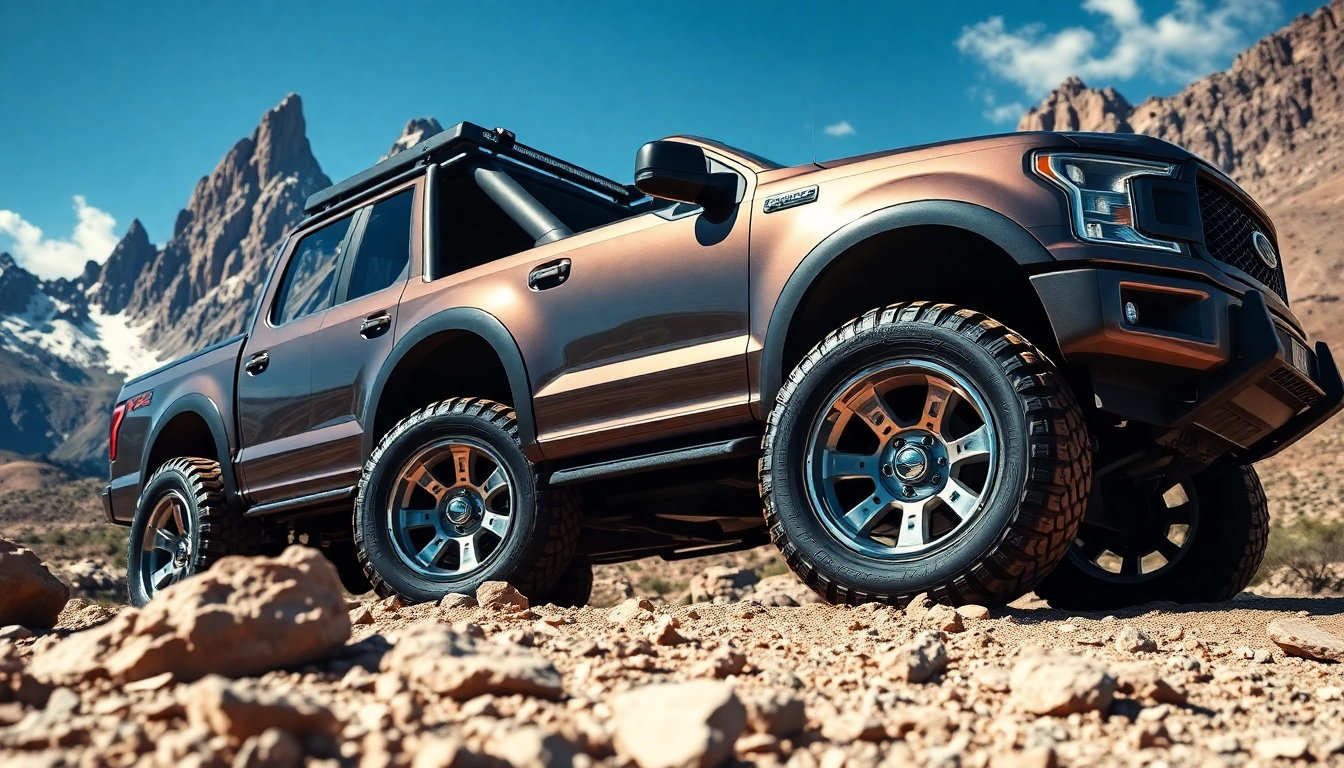
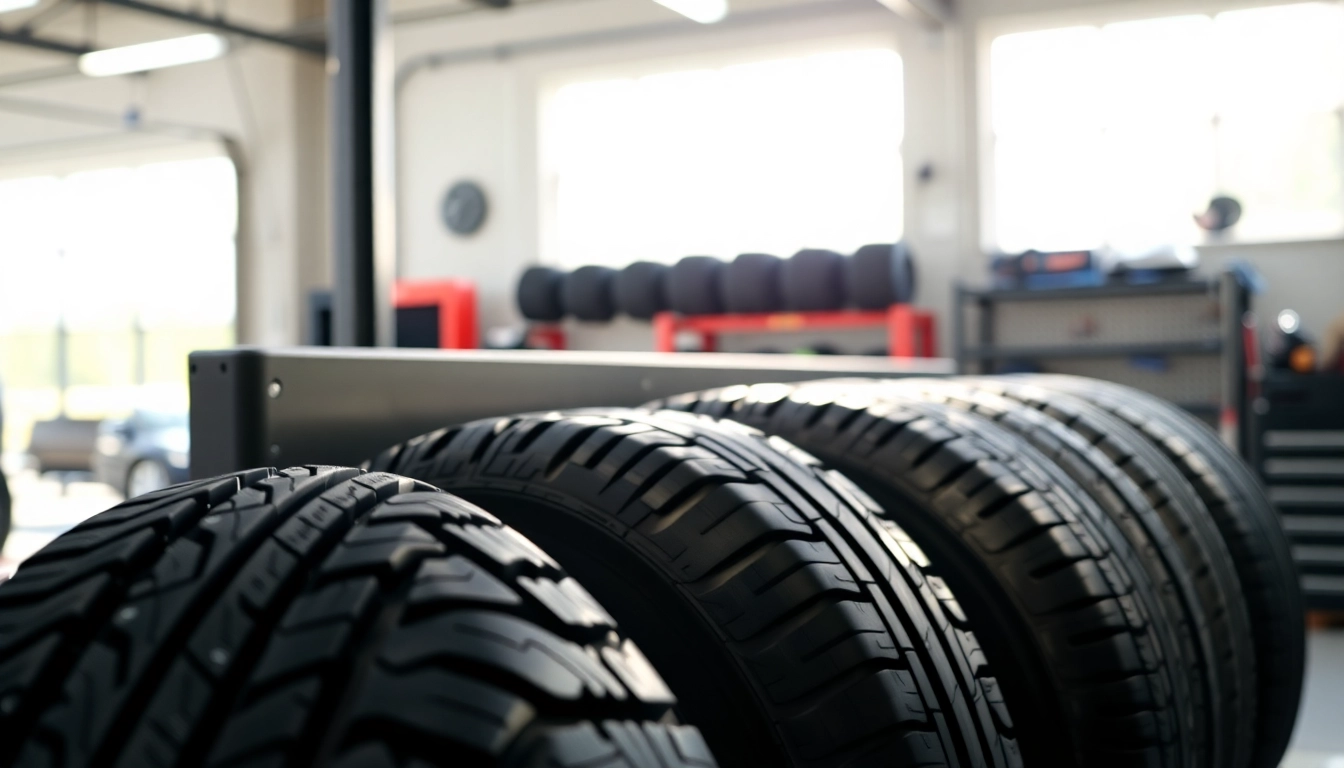


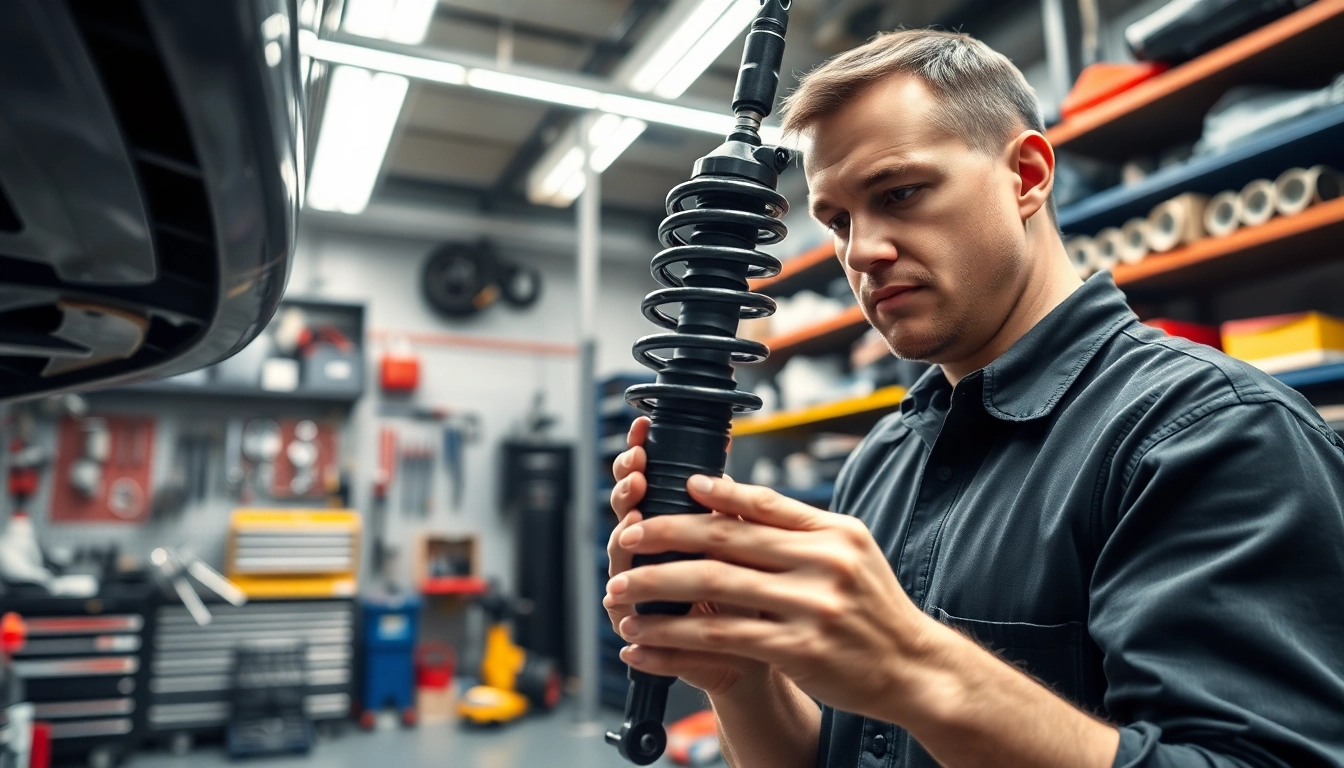
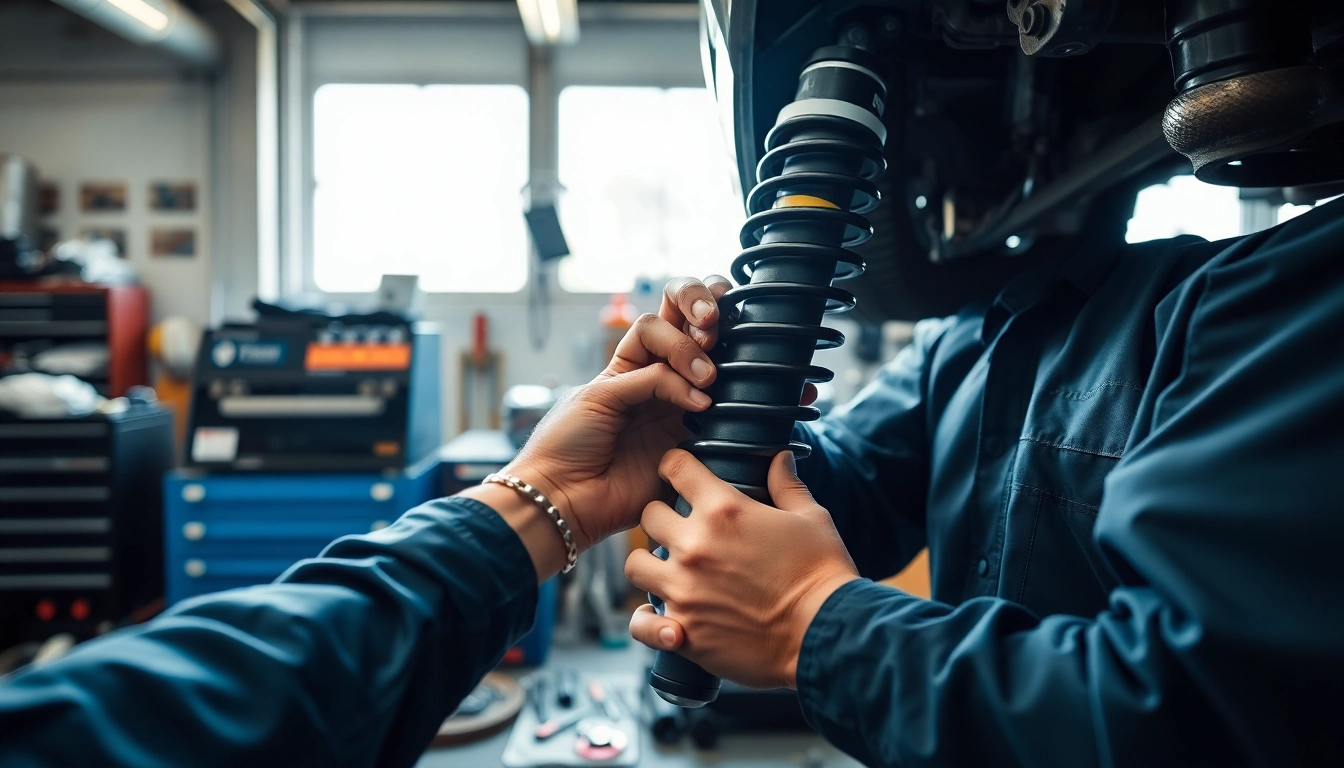
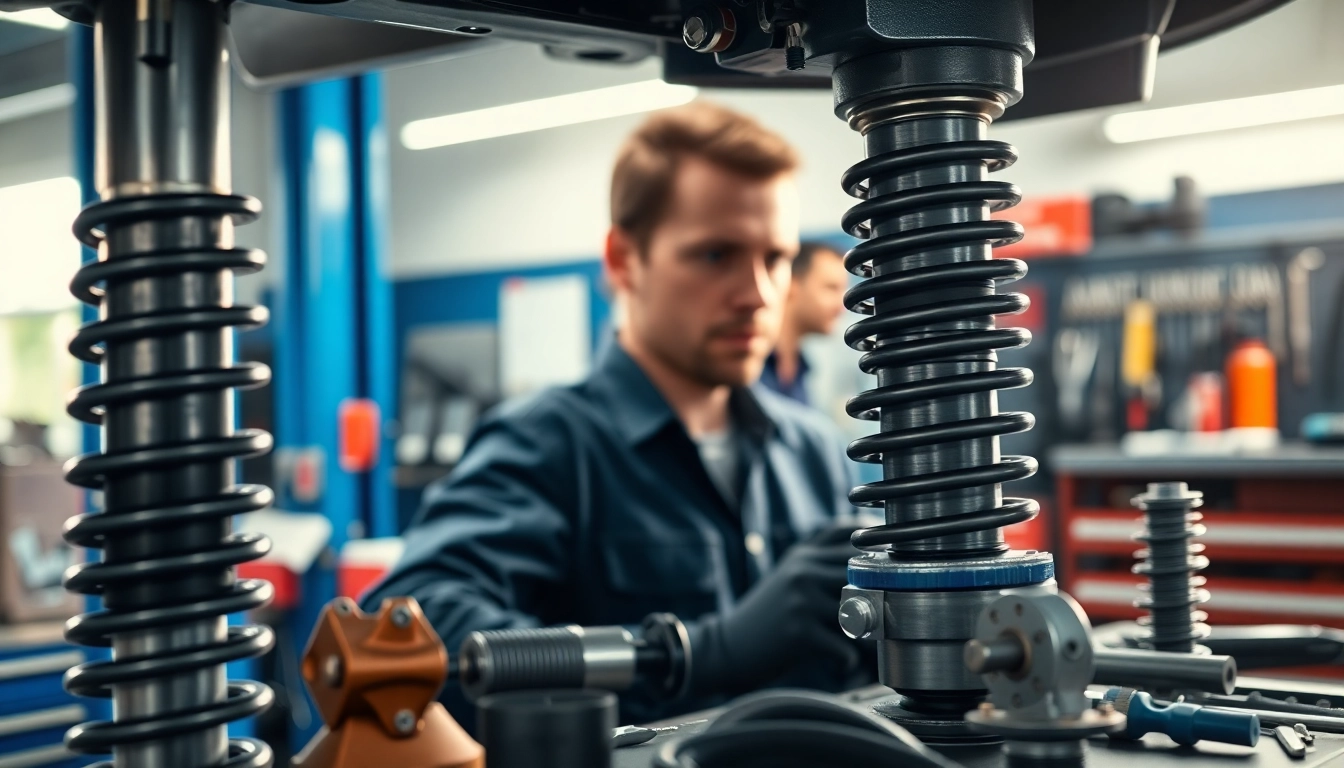






Leave a Reply